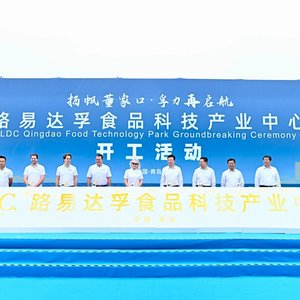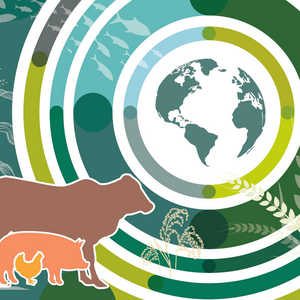The Pincoy Project has been recognized for its contribution to the environment at AquaSur 2018. The project was initiated by Skretting and six other partners in 2016 as a collaborative response to reduce the use of antibiotics in the Chilean salmon industry.
The award recognizes projects that improve the environmental management of the industry in general, reducing the impact of aquaculture production on the environment, with special focus on the sustainability of the industry, which is one of the key objectives of the Pincoy project.
"The project delivers a collaborative and holistic approach to combat the use of antibiotics, through an initiative that defines high standards of animal welfare and operational excellence throughout the value chain, considering selective breeding, high quality hatchery diets, smolt selection, vaccines and the implementation of best-practice protocols and monitoring throughout the production cycle, as well as the use of functional diets, to contribute to the sustainable growth of aquaculture and improve Chile's perception as a sustainable fish producer," stated Ronald Barlow, General Manager of Skretting Chile.
The World Health Organisation (WHO) cites antimicrobial resistance (AMR) as an increasingly serious threat to global public health, and it has been urging the implementation of coordinated action plans across all levels of society to slow its acceleration. With the knowledge that the overuse of antibiotics in animal production contributes to AMR, Skretting sees the Pincoy project as an active contribution to find solutions for this challenge.
“Through the Pincoy project, Skretting has provided conclusive evidence that a collaborative and proactive approach can improve animal welfare while improving productivity,” said Barlow.
The Pincoy project will move towards version 2.0, which seeks to continue investigating the possibilities around the reduction of antibiotics.










